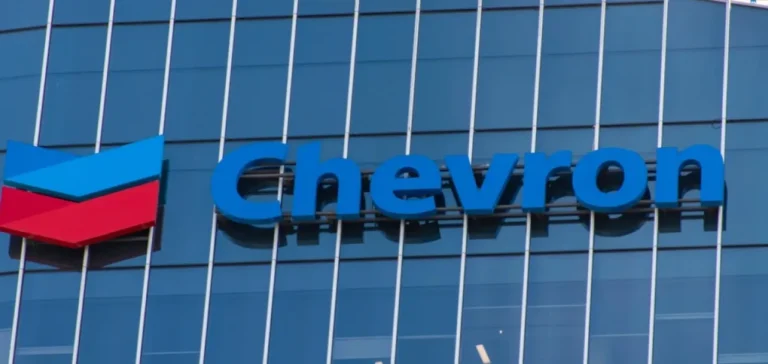Energy group Chevron Corporation confirmed it has completed the acquisition of Hess Corporation in a deal valued at nearly $60bn (including debt). The transaction was delayed by more than a year due to a legal dispute with ExxonMobil Corporation over a strategic offshore asset in Guyana.
Decisive arbitration over the Stabroek field
The deal, originally announced in October 2023, was primarily aimed at allowing Chevron to acquire Hess’s 30% stake in the Stabroek oil block, considered one of the decade’s most significant discoveries with over 11 billion barrels of oil equivalent. ExxonMobil, the majority operator with 45%, and China National Offshore Oil Corporation (CNOOC), holding 25%, had the option to oppose the entry of a new party through a pre-emption clause.
The arbitration, conducted by the International Chamber of Commerce (ICC), ruled in Chevron’s favour, enabling the transaction to proceed. ExxonMobil stated it respected the decision, although it viewed it as setting an unfavourable precedent for protecting strategic investments.
Governance impact and financial outlook
As part of the transaction, Chevron will issue approximately 301 million new shares to exchange with Hess shareholders at a rate of 1.025 Chevron shares for each Hess share. The integration is expected to generate around $1bn in annual cost synergies by the end of 2025, according to Chevron management.
The Federal Trade Commission (FTC), the US competition authority, has also lifted previous restrictions tied to the deal. John Hess, current Chief Executive Officer of Hess Corporation, will now be eligible to join Chevron’s board of directors, subject to approval by the other members.
Portfolio reassessment and implications for US assets
Chevron plans an annual investment budget between $19bn and $22bn under its new post-merger structure. However, according to TD Cowen, the deal may not have a positive impact on cash flow before 2027. Analysts believe that some assets in the Bakken Basin, in the northern United States, could be sold to refocus the portfolio on areas deemed more strategic.
Chord Energy Corporation and Devon Energy Corporation have been identified as potential buyers of these assets. The final decision will depend on Chevron management’s upcoming strategic review in the coming months.






















